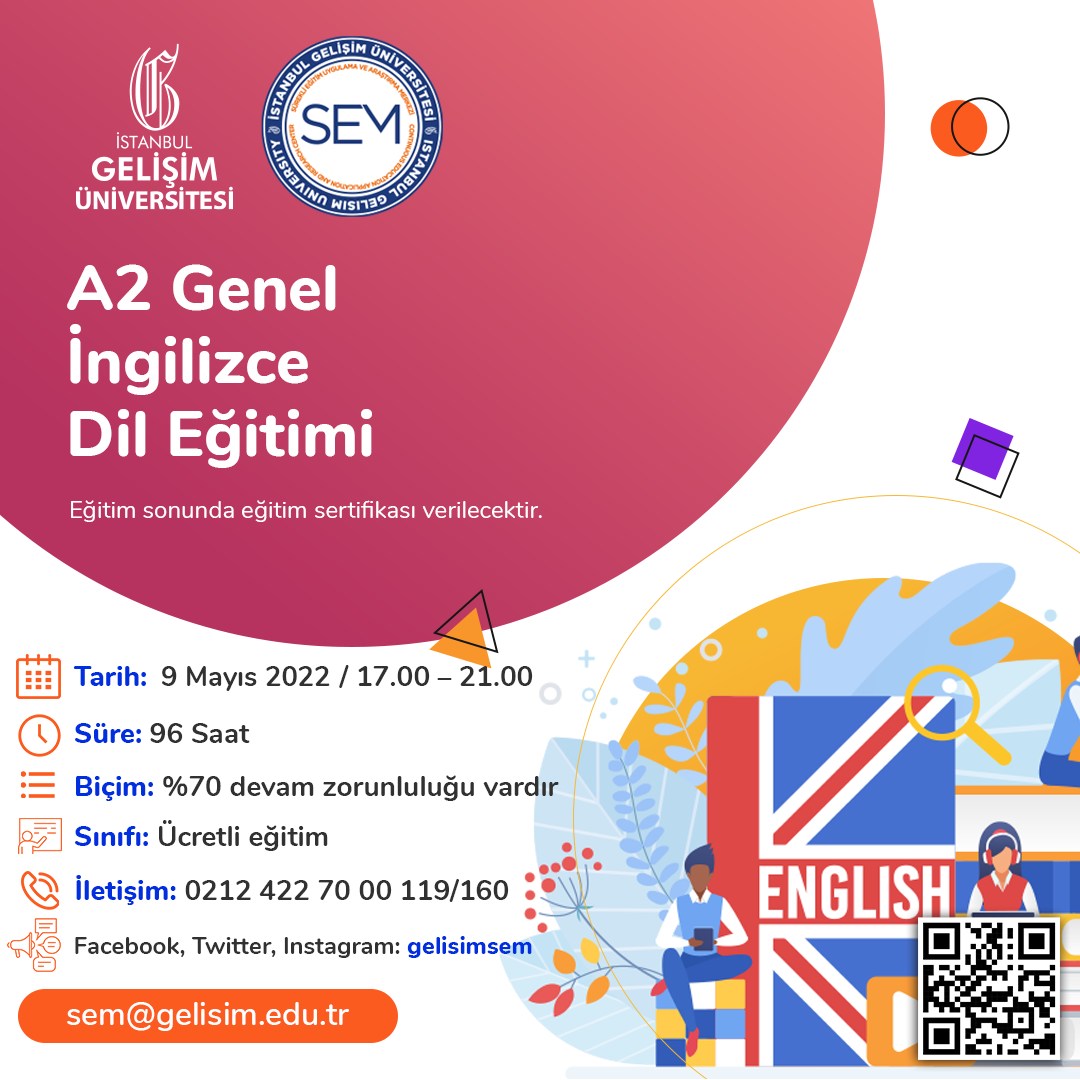
This program aims to enable learners to develop the language and skills needed for effective, sophisticated communication in English and to provide them with an opportunity to gain an insight into English-speaking societies around the world.

This program aims to enable learners to develop the language
and skills needed for effective, sophisticated communication in English and to
provide them with an opportunity to gain an insight into English-speaking
societies around the world.
In addition to practising listening and reading, a
particular attention to the promotion of accuracy and the wealth of structures
in the more active skills of speaking and writing is aimed. It is hoped that an
emphasis on grammar and syntax will result in an increased sophistication in
the way learners can express their own ideas and build them into a cogent
argument, whether orally or in writing. Particular aims of the program are as
follows:
• develop
learners’ ability to use English effectively for the purpose of practical
communication
• form a
solid foundation for the skills required for further study or employment using
English as the medium
• develop
learners’ awareness of the nature of language and language-learning skills
• promote
learners’ personal development.
|
present simple |
present progressive |
|
stative verbs |
past simple |
|
past porogressive |
time clauses |
|
quantifiers, too, enough |
present perfect simple |
|
indirect questions |
defining relative clauses |
|
relative pronouns |
the verb used to |
|
comparative form |
superlative form |
|
must / can / have to/ need to / should and negatives |
future will |
|
be able to |
infinitives |
|
ing forms |
passive voice |
|
conditional sentences type 1 |
if vs when |
|
may / might / could |
so, neither, too, either |
|
present perfect progressive |
question tags, negative questions |
|
reflexive pronouns |
conditional sentences type 2 |
|
wishes and unreal past |
exclamatory sentences |
|
clauses and results |
past perfect simple |
|
reported speech |
|